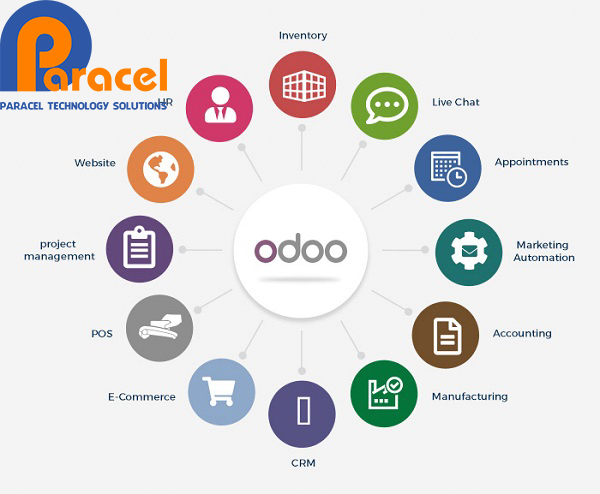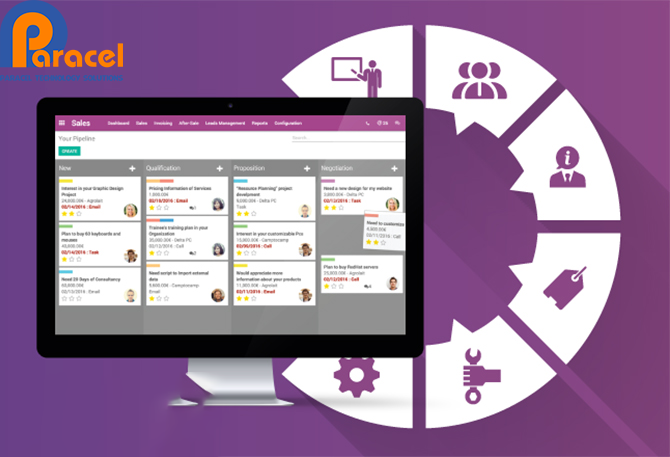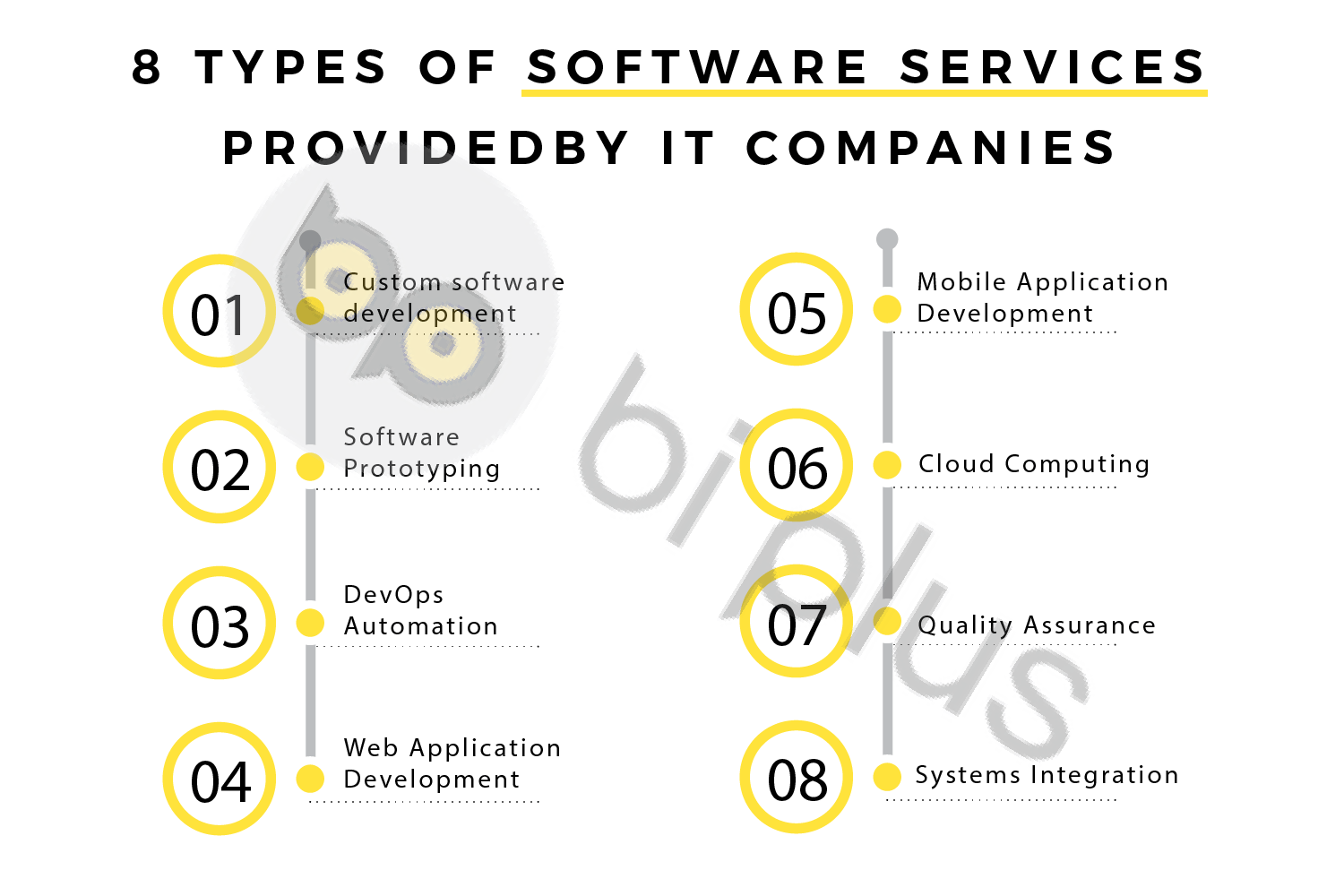Odoo plays an undeniable role in efficiently managing businesses. For any company, strong support from software like Odoo is indispensable. Let’s explore the article below with Navee to understand more about the significant benefits that Odoo brings!
1. Odoo – An Overview of ERP Management System
Pinckaers and his team are the individuals behind the development and design of Odoo. It is an application built on the Python programming language and utilizes an open-source model. This creates favorable conditions for customization and software development, while also opening up opportunities for developers to create new features that are suitable for future needs, thereby optimizing performance effectively.
Explore Odoo – Admirable Flexibility Odoo is considered an ERP system with unparalleled flexibility, supported by a large development community. With over 7 million users worldwide, ranging from startups to large corporations, Odoo has asserted its position. With over 1000 different functions, from managing inventory to customer service, human resources, and financial accounting, Odoo offers endless diversity, which is why many businesses trust and choose it.
2. Benefits of Using Odoo Applications
Odoo comes with over 1000 different modules and numerous distinct functions, making it capable of meeting every business need in various fields.
2.1. Ease of Use
Odoo is designed with a user-centric approach, allowing users without deep technical knowledge to easily use it without spending much time learning how to use it. Unlike standalone management software, Odoo is tightly integrated, which helps to avoid issues such as data loss or errors in the management process.

2.2. Financial Efficiency
Although Odoo serves as a crucial management tool for businesses, implementing an ERP system does not require a significant investment. This is an advantage of Odoo compared to other enterprise management software. By utilizing open-source code, businesses can leverage freely available software libraries, reducing software development costs.

Furthermore, Odoo does not incur expenses related to marketing or sales, making the cost of using Odoo lower than other enterprise management solutions. Moreover, Odoo does not require purchasing licenses, helping businesses save significant costs in software deployment and usage.
2.3. Regular Updates
Odoo consistently maintains regular updates to reflect new trends and integrate advanced technologies. As soon as a new version is released, businesses can upgrade and use it immediately, ensuring they are equipped with the latest features and able to meet the market’s new demands.
3. Applying Odoo ERP to Cost Saving for Businesses
Odoo has provided a notable solution for businesses in managing and operating more efficiently. It can be considered as a professional “assistant” for enterprises. Odoo software is available for installation completely free of charge, with 4 service packages: Basic, Standard, Custom, and Pro. Each package has different features and prices, allowing businesses to choose the most suitable package to optimize costs.

In today’s market, besides open-source ERP systems like OpenERP, there are other enterprise management software using open-source code such as SAP ERP or ORACLE ERP. However, Odoo remains an attractive choice with its flexibility and cost-saving benefits it brings to businesses.
4. Outstanding Features of Odoo Software
4.1. Multi-functional Integration
Odoo is known for its powerful integration capabilities. The system provides free APIs, allowing integration with any software without limitations. This enables businesses to integrate Odoo into their own processes and establish connections to analyze activities from different software of various departments. These features help enhance work efficiency and create tighter connections between management systems.

4.2. User-Friendly and Easy-to-Use Interface
Odoo is designed with a friendly and user-friendly interface, allowing employees to easily grasp and use the software after just a few attempts. Operations become more convenient and straightforward, enhancing work efficiency. Odoo is considered a powerful management tool.
4.3. Reasonable Pricing
Odoo offers flexible services based on customer usage needs. Users only need to pay for modules that are suitable for their businesses, helping to optimize costs. Additionally, Odoo allows users to test advanced functionality modules for up to 15 days, with basic features even available for free. These strategies help attract new customers to use Odoo.

4.4. Diverse and Rapid Payment Methods
Odoo not only keeps up with the trends and demands for online payments among consumers today but also creates a more convenient and flexible payment environment than ever before. Users can choose from various payment methods, contributing to greater diversity and convenience in the payment process.

4.5. Simplified Management
Odoo stands out with its tightly integrated features, helping businesses manage departments such as inventory, accounting, and sales more easily than ever before. Additionally, Odoo provides real-time insights into the business’s performance and activities, enabling managers to have an overview and updates at all times.
5. Limitations of Odoo
Although Odoo is considered an optimized software with many prominent advantages, it still has certain limitations that businesses need to recognize to understand this software better.
5.1. Challenges in Installation and Setup Process
Despite making it easy for businesses to operate and use, the installation and setup process of Odoo are often complex. Encountering errors during installation can also incur additional costs for businesses.
5.2. Limitations in Customer Support
Although Odoo has provided support options, customer support is still not significantly improved. Users are often dissatisfied with the current support methods and often spend a lot of time addressing issues. Additionally, the cost of training courses is considered to be quite high, posing challenges for many businesses.

5.3. Security Concerns
Although using open-source software can help save costs, it also creates a limitation in terms of security. This makes Odoo software, despite its average value, unable to meet high-security needs. Therefore, this is an issue that causes hesitation and concern when using the software. Technology platforms with high levels of information security are attracting more attention from users.
5.4. Challenges in System Expansion
Odoo is designed to be easily customizable to different operational models. Despite such customization capabilities, the software may face difficulties in expanding and upgrading management systems in the future. This could lead to software limitations and falling behind compared to other competitors.
6. Choosing to Use Odoo ERP Software for Your Business
After understanding the features, advantages, and disadvantages of Odoo, it can be observed that this application has financial advantages but also faces many challenges in operation. Especially in Vietnam, businesses often choose domestic software such as Cloudify, Base, Bravo,… to ensure timely support and the ability to upgrade the system immediately when needed.
However, it cannot be denied that Odoo is still an excellent solution to enhance the efficiency and performance of businesses, with its flexibility and high connectivity. It remains one of the best-named software solutions in the market today. Hopefully, the information presented in this article will help businesses find the most suitable solution for their operations and business.





Leave a Reply